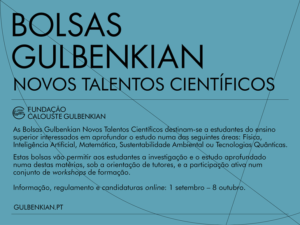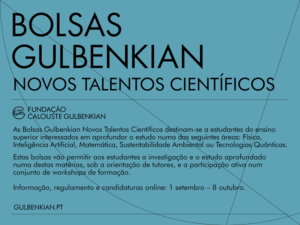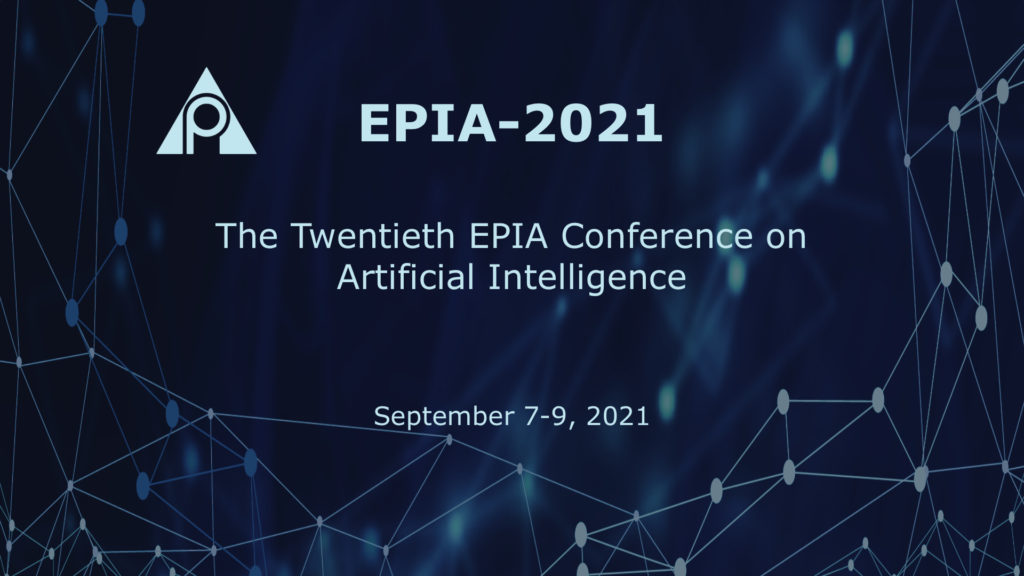Dear colleagues,
We would like to invite you to submit a paper to the Special Session on Computational Intelligence Approaches for Efficient Energy Transition of IEEE Symposium Series on Computational Intelligence (IEEE SSCI 2021), to be held by December 4th – 7th 2021, Orlando, Florida, USA (https://attend.ieee.org/ssci-2021/special-session-computational-intelligence-approaches-for-efficient-energy-transition/).
Important Deadlines:
Deadline for full paper submission (EXTENDED): 20th August, 2021
Notification of acceptance: 17th September, 2021
Camera-Ready papers: 15th October, 2021
Conference: 4-7 December 2021
Submissions:
SSCI welcomes full length papers of 6 to 8 pages, in IEEE two-column conference style. Please refer to https://attend.ieee.org/ssci-2021/submission/ for submission and paper preparation details.
Scope:
The energy sector is undergoing major changes, namely regarding new concepts and principles for economic and environmentally friendly operations and planning, technological upgrades, and new forms for end-users’ behaviour. Electricity is a key driver of modern societies, and consumers expect it to be available at every moment of the day. This expectation is kept even considering increasing demand, environmental restrictions, increasing use of non-dispatchable energy sources, technical issues and many other factors that may negatively impact the sector’s efficiency. This energy transition is requiring the entire sector to adapt itself. New operation and business models are required, as well as new infrastructure and new technological means.
Computational intelligence based approaches are of crucial to address major challenges for highly automated and robust operations in a very dynamic, complex, and competitive environment such as the power and energy sectors, especially in a time of accelerated energy transition.
This special session aims at bringing together different experiences in the application of computational intelligence based approaches to power and energy problems, targeting the contribution of the main international experts in the field, both from academia and industry. Although focused on the application domain of power and energy systems, this special session envisages a broad spectrum of computational intelligence based approaches that address some of the most prominent problems in the field.
Submission Topics:
· Agent-based Smart Grid Simulation
· Big Data Applications for Energy Systems
· Coalitions and Aggregations of Smart Grid and Market Players
· Consumer Profiling
· Context Aware Systems
· Data-Mining Approaches in Smart Grids
· Decision Support Approaches for Smart Grids
· Demand Response Aggregation
· Demand Response Integration in the Market
· Demand Response Remuneration Methods
· Electric vehicles
· Electricity Market Modelling and Simulation
· Electricity Market Negotiation Strategies
· Energy Resource Management and Optimization in Buildings
· Information technology applications
· Innovative Demand Response Models and Programs
· Innovative Energy Tariffs
· Integration of Electric Vehicles in the Power System
· Intelligent Approaches for Microgrid Management
· Intelligent Home Management Systems
· Intelligent methods for Demand Management
· Intelligent Resources Scheduling
· Intelligent Supervisory Control Systems
· Knowledge-based approaches for Power and Energy Systems
· Load Forecast
· Multi-Agent Applications for Smart Grids
· Multi-Agent Systems in Power and Energy Systems
· Other Computational Intelligence-based Methods for Power and Energy Systems
· Phasor Measurement Units Applications
· Real-time simulation
· Reliability, Protection and Network Security Methods
· Renewable Energy Forecast using Computational Intelligence
· Semantic communication and data
· Smart Sensors and Advanced Metering Infrastructure
Special Session Organizers:
· José Rueda, Technische Universiteit Delft, The Netherlands
· Kwang Y. Lee, Baylor University, US
· Zita Vale – Polytechnic of Porto, Portugal)
· Tiago Pinto – Polytechnic of Porto, Portugal)
Best regards / Melhores cumprimentos
Tiago Pinto





